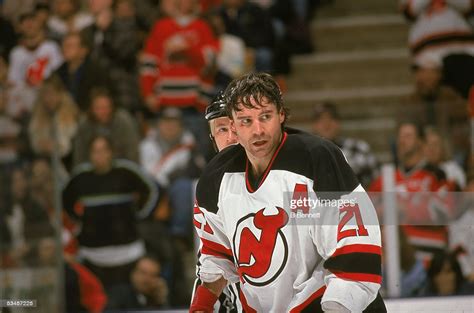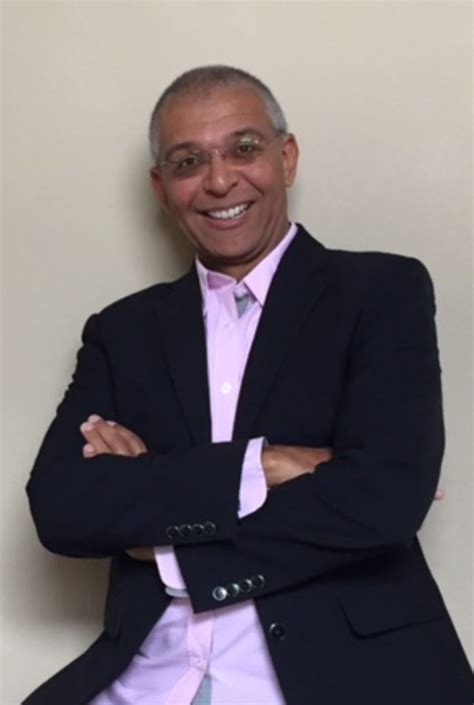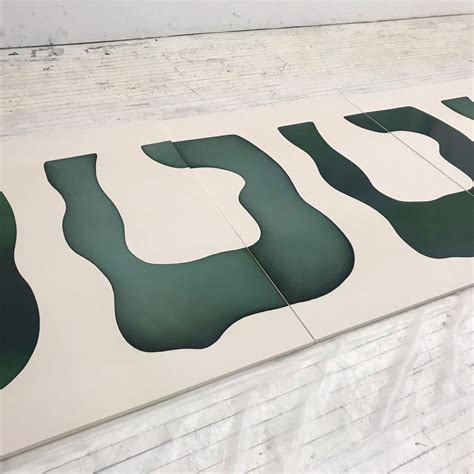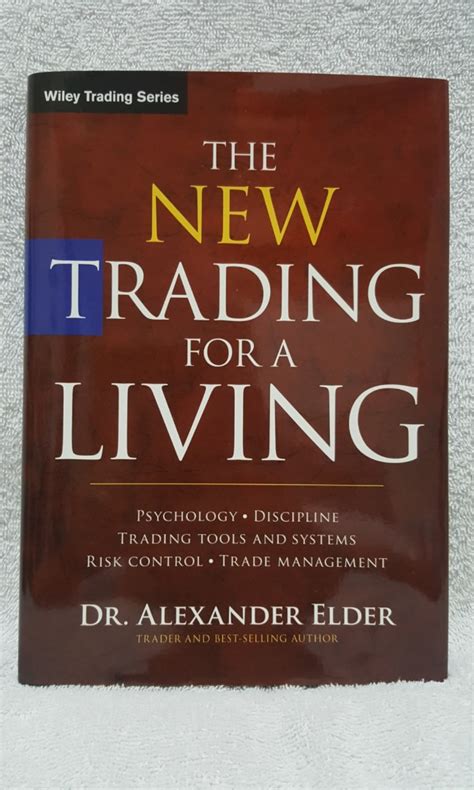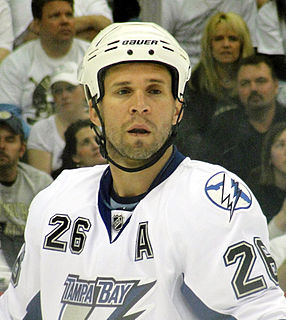A Quote by Randy McKay
I basically learned that you must get out of your losses immediately. It's not merely a matter of how much you can afford to risk on a given trade, but you also have to consider how many potential future winners you might miss because of the effect of the larger loss on your mental attitude and trading size.
Related Quotes
You must ignore what everyone else is doing and trade only when you feel the odds are in your favor. In short, trade only when you and you alone are comfortable that the expected return of your trades will be positive. That might mean you'll have to sit out a few parties, but it will also mean that you'll have more profits over the course of your trading career.
You have to remember that no matter how big your goals or how many you have, there are going to be times when you miss by a little bit. You have to be realistic and flexible. One reason I have so many smaller goals is that even if my big goals don't happen, I've still achieved so much along the way, I don't feel the loss.
Don’t ever average losers. Decrease your trading volume when you are trading poorly; increase your volume when you are trading well. Never trade in situations where you don’t have control. For example, I don’t risk significant amounts of money in front of key reports, since that is gambling, not trading.
To laugh is to risk appearing a fool. To weep is to risk appearing sentimental. To reach out to another is to risk involvement. To expose feelings is to risk exposing your true self. To place your ideas and dreams before a crowd is to risk their loss. To love is to risk not being loved in return. To hope is to risk pain. To try is to risk failure. But risks must be taken, because the greatest hazard in life is to risk nothing.
The Profit and Loss Statement tells you a lot about how your business is doing. It can also help you to determine ways that you can go about saving money so that you get to bring more money home! Basically, the P&L statement measures all of your income sources verses all your business expenses for any given period of time.
Be grateful simply for being alive. When you are grateful for life, pure and simple, your life becomes one you can be grateful for. That may strike you as circular or even backward logic, but your attitude really does have an effect on how things work out. When you can't change your life any other way, you can still change your attitude. When you do, your life changes. You find more chances to love, and you will be surprised to see how much more love is returned to you.
On one level, I'm interested in how the space dictates the effect visually - how the composition of a given work changes depending on the nature of each wall. But I'm also trying to emphasize less tangible elements: the amount of time it takes to walk the gallery's perimeter; how one's physical distance affects his or her sense of the overall composition; how the size of the space creates a sense of visual rhythm. It's really a matter of seeing how much structure is necessary to impose for those things to become apparent.
Most private traders on a losing streak keep trying to trade their way out of a hole. A loser thinks a successful trade is just around the corner, and that his luck is about to turn. He keeps putting on more trades and increases his size, all the while digging himself a deeper hole in the ice. The sensible thing to do would be to reduce your trading size and then stop and review your system.
Sometimes no matter how well you prepare, no matter how conservative your decision making, no matter how few Y chromosomes are along on your trip, you can still find yourself in a mud slide or a hurricane without a dry piece of clothing to your name. But those of us who have given our time and usually our hearts to outdoorsmen over the years know that, for many of them, it's not really a wilderness trip unless, MacGyver-like, they have to make a fire out of a pair of shorts, a glow stick, and a ketchup bottle; it's not really an adventure until someone gets airlifted out.
